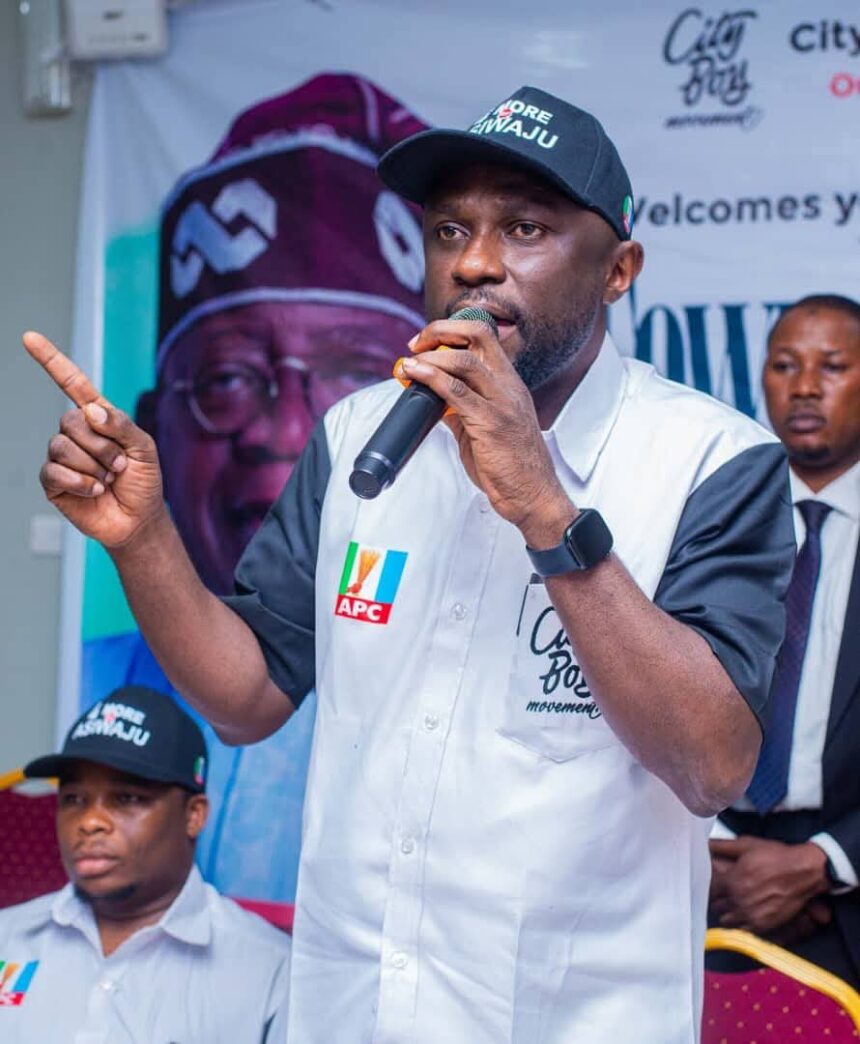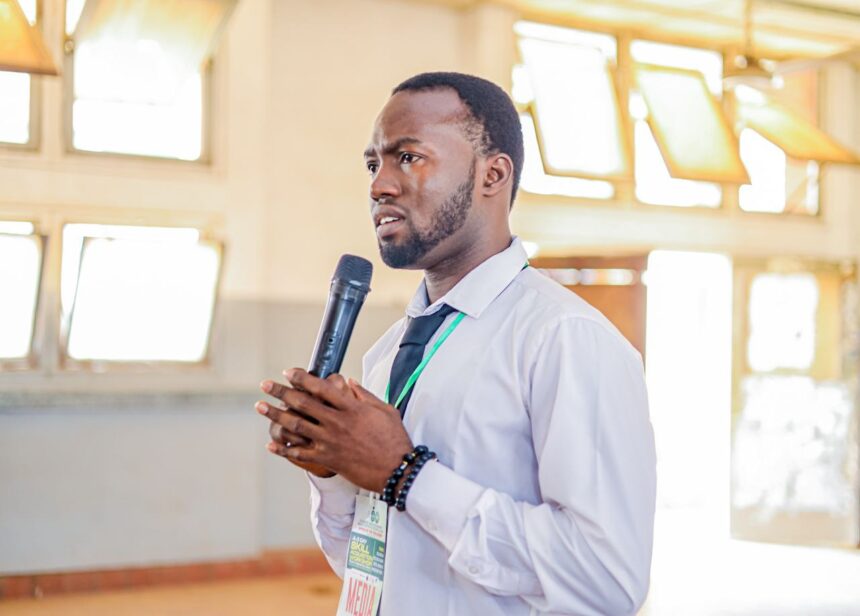
When news broke about the Federal Government’s plan to implement a 5% fuel surcharge under the Nigeria Tax Administration Act, 2025, Nigerians reacted with a mix of outrage, skepticism, and weary resignation. For many, it was yet another blow in an economy already straining under the weight of subsidy removal, inflation, and rising costs of living. The surcharge, though not a new invention, it was first embedded in the FERMA Amendment Act of 2007 has re-emerged in the government’s new tax reforms, ostensibly to provide dedicated funding for road maintenance and infrastructure development.
But the big question Nigerians are asking is: Can the government be trusted to implement this surcharge with accountability and transparency? For decades, taxes and levies have been collected in the name of infrastructure, yet citizens see little evidence on the ground. Without visible results, many fear the surcharge will only deepen hardship while enriching a few. Still, beyond the anger and suspicion, it is worth asking what the potential benefits and disadvantages of this policy could be.
The Case for the Surcharge
At its best, the 5% fuel surcharge has clear advantages. Nigeria’s road network is in dire condition potholes, failed highways, and unsafe routes not only increase accidents but also drive up the cost of transporting goods and people. A dedicated levy on fuel sales could finally provide a predictable stream of revenue to fund repairs and expansions, reducing the endless dependence on unstable budget allocations.
If genuinely applied, the benefits would ripple across the economy. Transporters would spend less on constant vehicle repairs, farmers could move produce more efficiently, and traders would enjoy reduced logistics costs. In the long term, this could even help stabilize food prices and improve economic competitiveness. Furthermore, the surcharge excludes kerosene, LPG, CNG, and renewables, signaling the government’s push for an energy transition away from fossil fuels and aligning Nigeria with global sustainability trends.
The Burden of Timing
Yet, in reality, the timing could not be more difficult. Nigerians are already living through the painful aftermath of fuel subsidy removal, where pump prices have more than tripled, transportation costs have skyrocketed, and inflation hovers at record highs. Adding a 5% charge on every litre of petrol or diesel is guaranteed to worsen household and business struggles. From bus drivers to market women, from students to small businesses running generators, the surcharge will ripple into higher costs for food, transport, and daily survival.
The Trust Deficit
Even more pressing is the trust deficit. In countries like the United States and United Kingdom, fuel levies are accepted because they are transparent, ring-fenced, and tied directly to visible infrastructure projects. Citizens see the results: good roads, safer highways, and reliable transport systems. In South Africa, fuel levies fund road accident claims and public transport infrastructure with reasonable accountability.
Nigeria, by contrast, has a troubling history of mismanaging dedicated funds. Nigerians remember the Petroleum Trust Fund, the Excess Crude Account, and numerous “special interventions” that were either squandered or unaccounted for. This history fuels the skepticism that the 5% surcharge will meet the same fate. Without transparency, Nigerians will see it as just another cash grab.
Striking a Balance
The policy, therefore, sits on a knife’s edge. On one side lies the potential for long-term infrastructure improvement, safer travel, and a sustainable shift in energy use. On the other side lies the risk of deepened hardship, higher inequality, and entrenched mistrust if the funds vanish without trace.
For this surcharge to be accepted, the government must do three things:
1. Delay implementation until inflation and the economy stabilize.
2. Ring-fence the revenue, ensuring it is legally tied to specific road and transport projects.
3. Show visible results quickly from rehabilitated highways to new bypasses so Nigerians can connect their sacrifice to tangible outcomes.
Conclusion
The 5% fuel surcharge is not inherently a bad idea. In fact, it mirrors global best practices in infrastructure funding. But in Nigeria’s fragile economic and political environment, it risks being perceived as exploitative unless backed by accountability and proof of impact. Nigerians are not opposed to sacrifice, they are opposed to waste. The government now has a rare opportunity: to either turn this surcharge into a symbol of progress or allow it to become another chapter in the long story of tax without trust.







